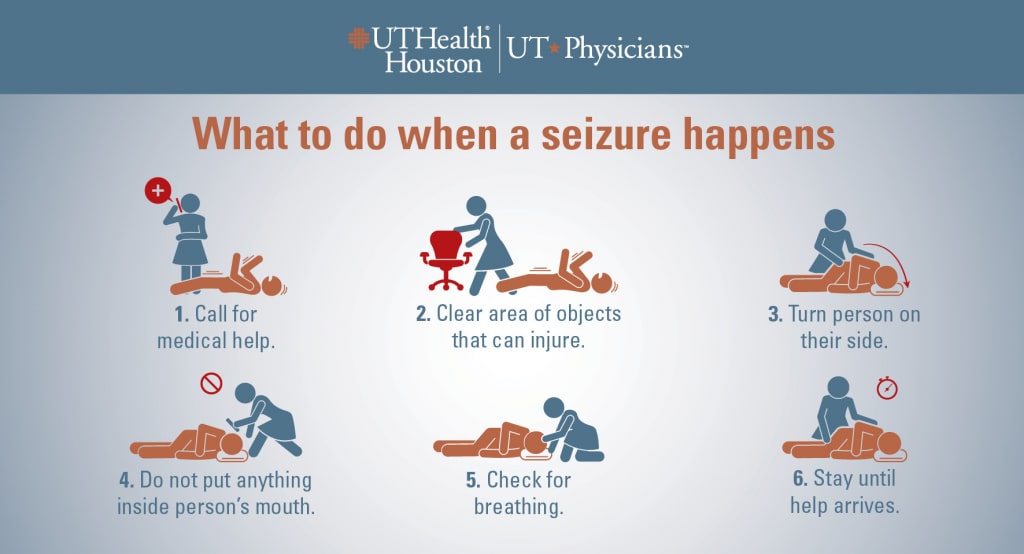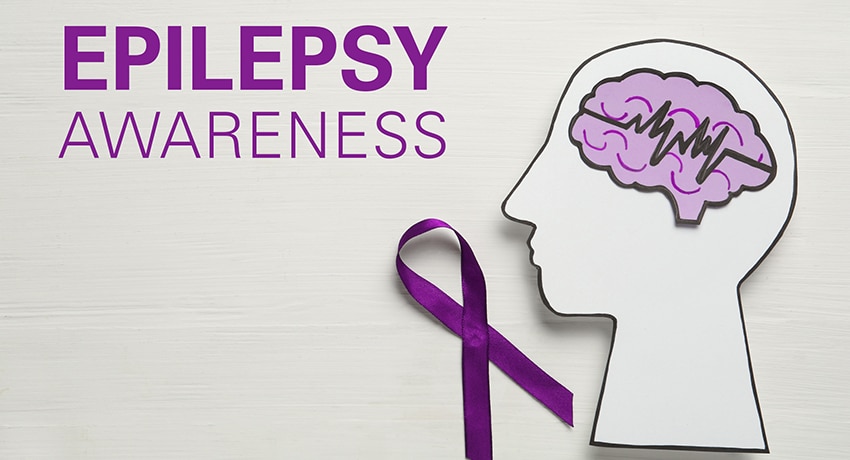Though science and medicine have done much to help individuals successfully manage their epilepsy, the condition itself is only half the battle.
“There are still some people who don’t understand it, and some employers even discriminate against employees who may have it. There are still pockets of people who perpetuate unfounded stigma,” said Samden Lhatoo, MD, epileptologist with UT Physicians.
Epilepsy is a brain disorder that results in recurring seizures. It can be caused by many things, including genetics, brain trauma, and brain tumors. The condition affects 1 in 26 people during their lifetime.
“Anything that damages the brain can cause seizures. It occurs in all ages of people who are often otherwise completely healthy,” said Lhatoo, professor of neurology, director of the Texas Comprehensive Epilepsy Program, and John P. and Kathrine G. McGovern Distinguished Chair with McGovern Medical School at UTHealth Houston.
Awareness campaigns, such as International Epilepsy Day in February and National Epilepsy Awareness Month in November, are helping to reduce stigma through education.
“Stigma may cause someone with epilepsy to feel ashamed, depressed, or avoid social situations. It may even keep them from seeking the treatment they need,” he said. “I’m happy to say that day by day we see the positive effects that education and concerted campaigns have on our patients.”
Today, more than two-thirds of patients with epilepsy successfully manage it with medication. The other third may also require surgery or possible brain stimulation treatments to mitigate their seizures. The most common age group for new epilepsy is 60 years and older.
“Epilepsy can develop at any age, but you’re more likely to get it as you get older. This is can be due to stroke, Alzheimer’s disease, tumors, or other conditions that affect the brain,” Lhatoo said.
Anyone suffering from seizures or diagnosed with epilepsy should be evaluated and treated by an epileptologist.
“There are so many different causes and so many different approaches to the treatment of epilepsy,” Lhatoo said. “It’s extremely important to get one’s epilepsy assessed by the appropriate expert and appropriate center to receive the most effective care.”




